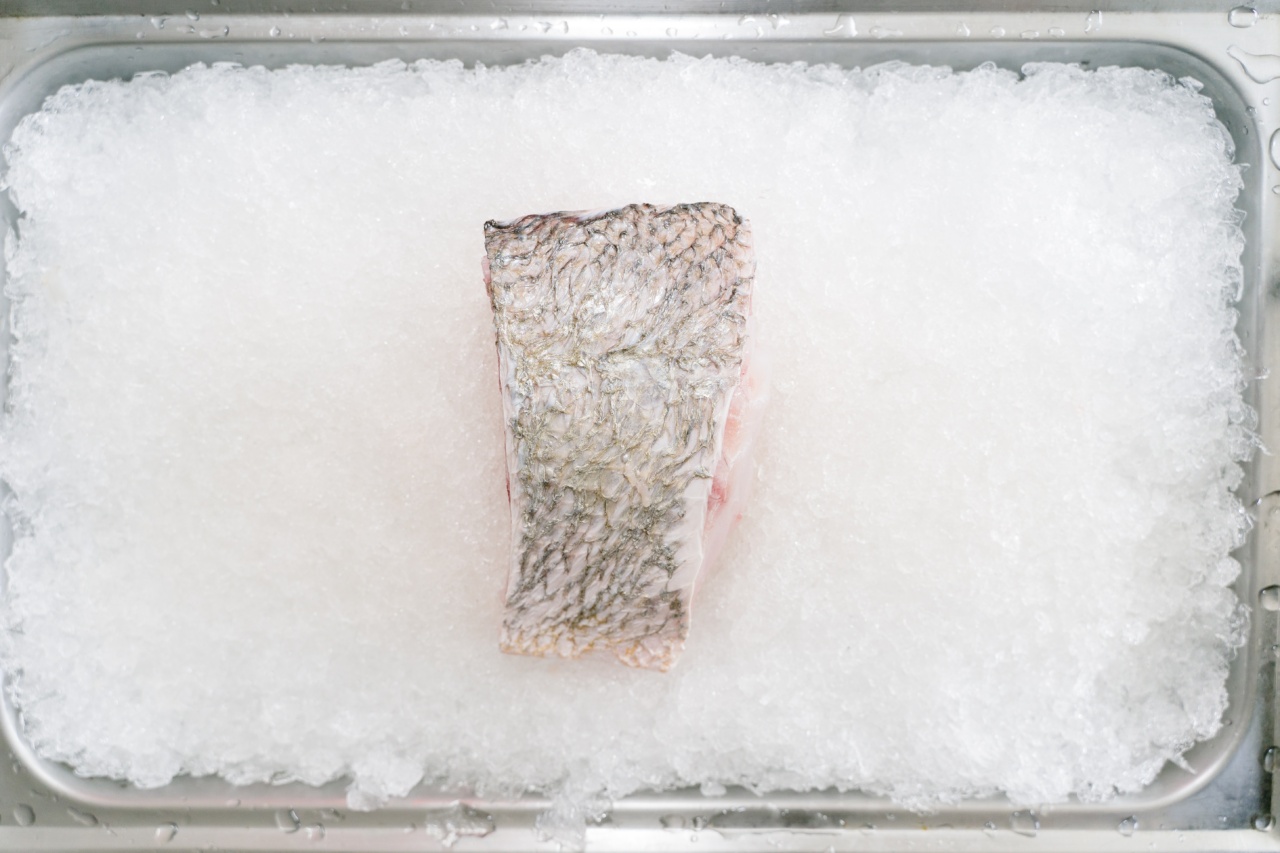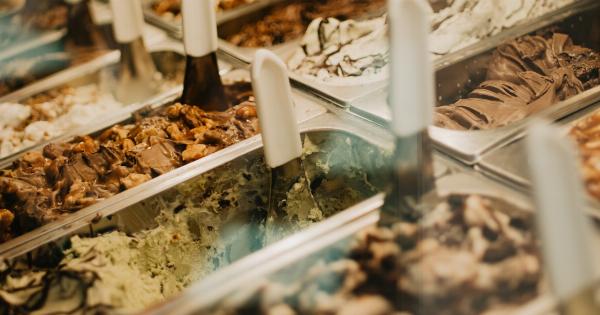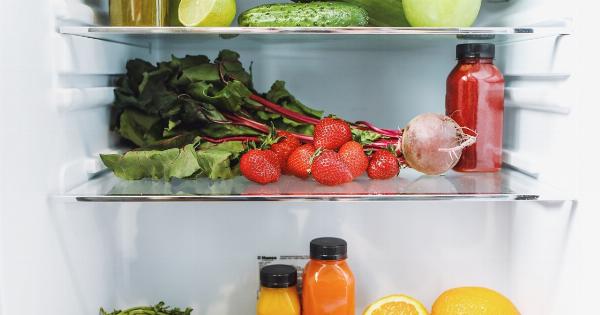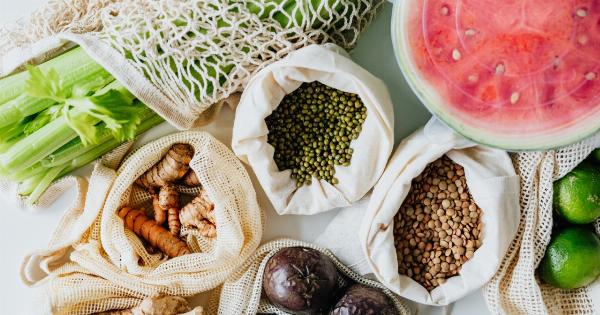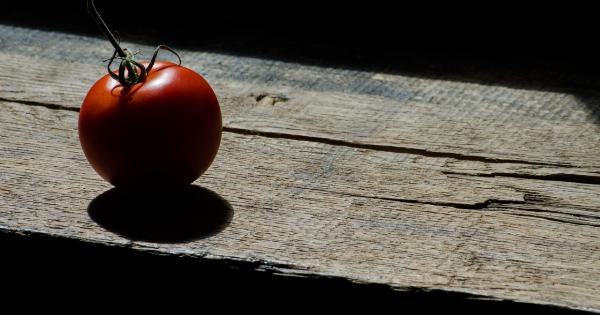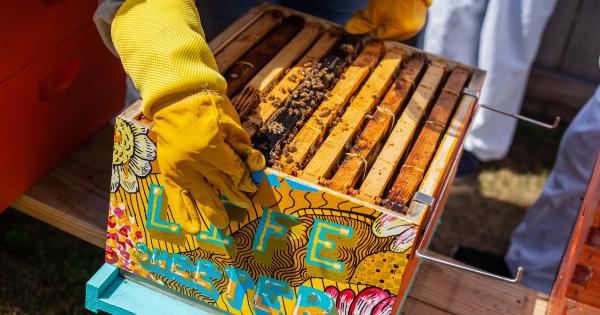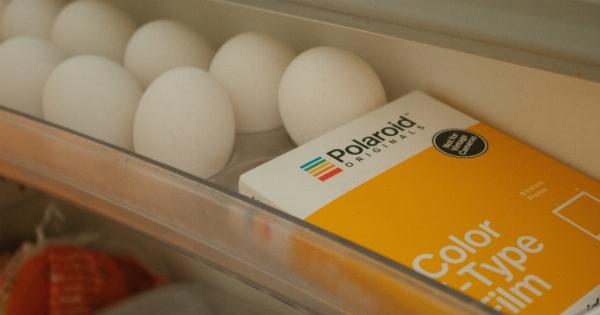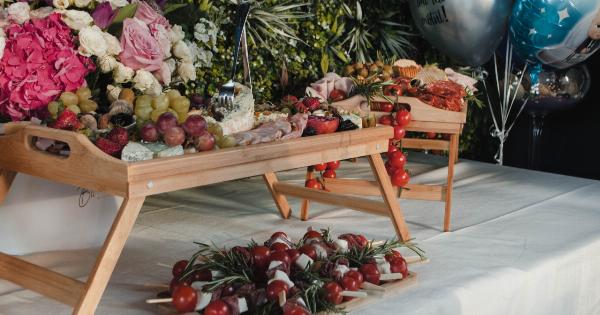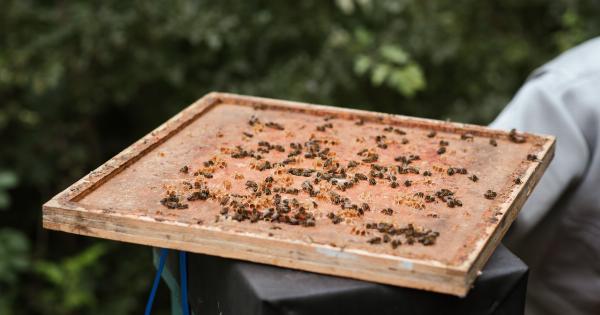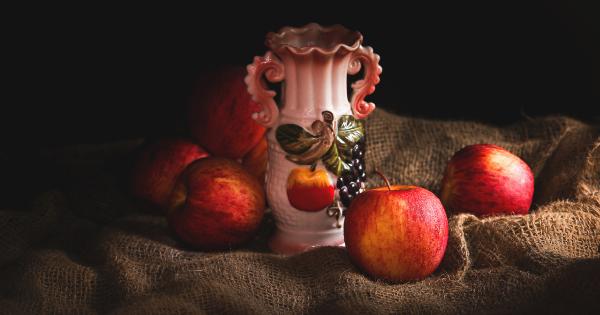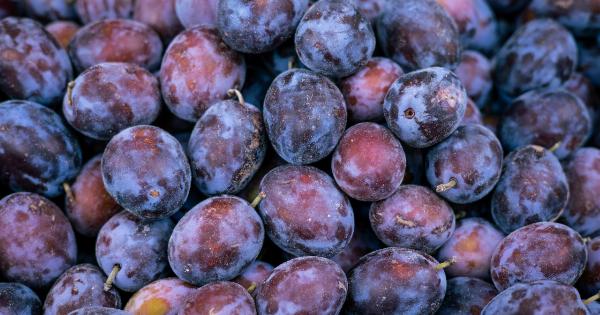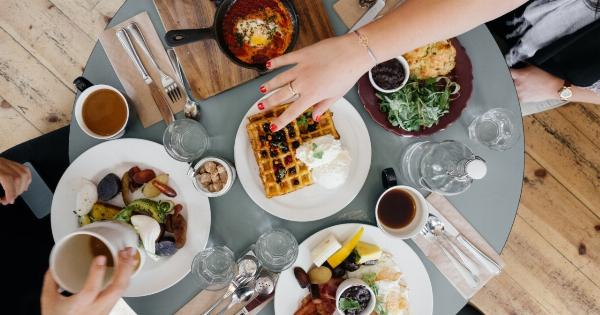Freezing food is a great way to save money, reduce food waste, and make meal preparation easier. However, if you don’t store your food properly, it can quickly become freezer burned, lose its flavor, and become unappetizing.
To help you prevent this from happening, we’ve put together 30 tips for keeping freezer food fresh.
Tip #1: Invest in a Deep Freezer
While a regular refrigerator freezer is great for storing small amounts of food, a deep freezer is ideal for storing a larger quantity of items. This appliance is designed to keep food at a constant temperature, which helps to prevent freezer burn.
Tip #2: Use High-Quality Storage Containers
Choose storage containers that are airtight and durable. Glass containers with snap-on lids are a great option, as they are easy to clean, reusable, and will not absorb odors or stains.
Plastic containers with snap-on lids are also a good choice, but make sure they are BPA-free.
Tip #3: Label Your Food
Make sure you label all of your food containers with the name and date. This will help you keep track of what you have in your freezer and when it was placed there.
Tip #4: Vacuum Seal Your Food
Vacuum sealing your food is a great way to prevent freezer burn and keep your food fresh for longer. It removes all of the air from the packaging and creates an airtight seal that will prevent freezer burn.
Tip #5: Use Freezer Paper
Freezer paper is specially designed to keep food fresh in the freezer. It has a plastic coating that helps to prevent freezer burn and keeps food from sticking together.
Wrap your food in freezer paper before placing it in a storage container or plastic bag.
Tip #6: Don’t Overload Your Freezer
Overloading your freezer can disrupt the circulation of cold air, which can lead to uneven freezing and freezer burn. Make sure you leave enough space between items to allow for good airflow.
Tip #7: Freeze Food in Single Servings
If you freeze food in single servings, it will be easier to defrost and reheat. It will also help you avoid wasting food, as you can defrost only what you need.
Tip #8: Blanch Vegetables Before Freezing
Blanching vegetables before freezing them will help to preserve their flavor, texture, and color.
Blanching involves dipping the vegetables in boiling water for a short period of time, then immediately placing them in cold water to stop the cooking process.
Tip #9: Freeze Cooked Meals
If you have leftovers or cook meals in advance, freeze them in portions for quick and easy meal preparation later on. This will save you time and money, and help you avoid wasting food.
Tip #10: Use Freezer Bags
Freezer bags are designed to prevent freezer burn and keep food fresh for longer. They are thicker and stronger than regular plastic bags and have a zip-lock seal that makes them easy to open and close.
Tip #11: Freeze Fresh Herbs
If you have an abundance of fresh herbs, freeze them in ice cube trays with a little bit of water or oil. This will help to preserve their flavor and aroma, and make them easy to add to soups, stews, and other dishes.
Tip #12: Freeze Bread
If you have extra bread that you can’t eat before it goes stale, freeze it. Wrap it tightly in aluminum foil or plastic wrap and place it in a freezer bag.
When you’re ready to eat it, simply defrost it at room temperature or reheat it in the oven.
Tip #13: Freeze Individual Portions of Soup
If you make a large batch of soup, freeze it in individual portions that can be easily reheated. This will save you time and help you avoid wasting leftovers.
Tip #14: Use a Freezer Thermometer
A freezer thermometer will help you ensure that your freezer is kept at the optimal temperature for freezing food (-18°C or 0°F). This will help to prevent freezer burn and keep food fresh for longer.
Tip #15: Freeze Fruit
If you have extra fruit that you can’t eat before it goes bad, freeze it. Fruit can be frozen whole, sliced, or pureed. It can be used for smoothies, baking, or as a topping for yogurt or oatmeal.
Tip #16: Freeze Meat in Portions
If you buy meat in bulk, divide it into portions before freezing. This will make it easier to defrost and cook, and help you avoid wasting food.
Tip #17: Freeze Cheese
If you have extra cheese, freeze it. Cheese can be frozen in portions, grated, or sliced. It can be used for cooking or as a topping for pizza or pasta.
Tip #18: Freeze Nuts
If you have extra nuts that you can’t eat before they go bad, freeze them. Nuts can be frozen whole or chopped. They can be used for baking or as a topping for yogurt or oatmeal.
Tip #19: Freeze Broth or Stock
If you make your own broth or stock, freeze it in portions that can be easily reheated. This will save you time and help you avoid wasting leftovers.
Tip #20: Freeze Berries
If you have extra berries that you can’t eat before they go bad, freeze them. Berries can be frozen whole or pureed. They can be used for smoothies, baking, or as a topping for yogurt or oatmeal.
Tip #21: Freeze Baby Food
If you make your own baby food, freeze it in portions that can be easily reheated. This will save you time and ensure that your baby is getting fresh and healthy food.
Tip #22: Use Frozen Vegetables in Soups and Stews
If you don’t have fresh vegetables on hand, use frozen vegetables in soups and stews. They are just as nutritious as fresh vegetables and will save you time and money.
Tip #23: Freeze Baked Goods
If you bake your own goods, freeze them in portions that can be easily reheated. This will save you time and help you avoid wasting leftovers.
Tip #24: Freeze Leftover Wine
If you have leftover wine that you can’t drink before it goes bad, freeze it. Wine can be frozen in ice cube trays and used for cooking or as a garnish for cocktails.
Tip #25: Freeze Leftover Sauce
If you have leftover sauce from a meal, freeze it in portions that can be easily reheated. This will save you time and help you avoid wasting leftovers.
Tip #26: Wrap Meat in Parchment Paper
Wrap meat in parchment paper before freezing it. This will help to prevent freezer burn and keep it fresh for longer.
Tip #27: Place a Sheet of Parchment Paper Between Slices of Bread
If you freeze slices of bread, place a sheet of parchment paper between each slice. This will prevent them from sticking together and make it easier to defrost only what you need.
Tip #28: Freeze Leftover Grains
If you have leftover rice, quinoa, or other grains, freeze them in portions that can be easily reheated. This will save you time and help you avoid wasting leftovers.
Tip #29: Use Foil to Wrap Meat
If you don’t have parchment paper, use foil to wrap meat before freezing it. Foil will also help to prevent freezer burn and keep it fresh for longer.
Tip #30: Use a Marker to Label Food Containers
If you don’t have labels, use a marker to label food containers with the name and date. This will make it easier to keep track of what you have in your freezer and ensure that you use it before it goes bad.
Conclusion
By following these 30 tips, you can ensure that your freezer food stays fresh for longer, reducing food waste and saving you money. Properly storing food in the freezer can also make meal preparation easier and save you time.
